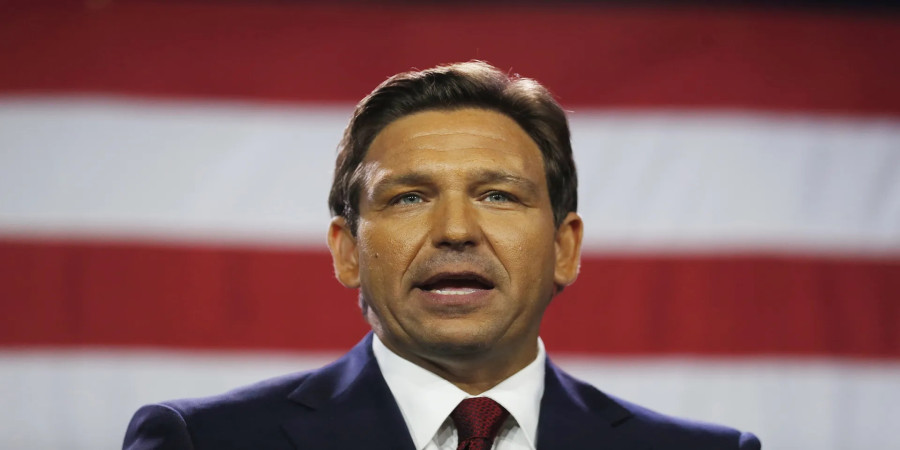

Is Ron DeSantis on the Spectrum? Debunking Myths and Understanding Autism
Introduction
In recent weeks, the political landscape has been buzzing with speculation about Florida Governor Ron DeSantis. Supporters of former President Donald Trump have raised eyebrows by suggesting that DeSantis might be “a little bit on the spectrum.” But what does this mean, and how should we approach such claims? In this blog post, we’ll delve into the topic, separating fact from fiction and shedding light on autism spectrum disorder.
What Is the Spectrum?
Autism spectrum disorder (ASD) is a developmental condition characterized by differences in social communication, behavior, and sensory processing. The term “spectrum” acknowledges that ASD manifests differently in each individual. Some people with ASD may struggle with social interactions, while others excel in specific areas like mathematics or music. It’s essential to recognize that being on the spectrum is not inherently negative or shameful—it’s merely a different way of experiencing the world.
The Armchair Diagnosis
The controversy surrounding DeSantis centers on the notion that he might be on the autism spectrum. Steve Bannon, a prominent Trump ally, first introduced this idea, claiming that DeSantis is “a little bit on the spectrum.” But should we take such armchair diagnoses seriously? Jessica Benham, a state legislator and an openly autistic advocate, cautions against it. She emphasizes that someone’s neurodiversity should not be used as a political weapon. After all, whether or not DeSantis is on the spectrum is ultimately his personal information.
Stereotypes and Stigma
The danger lies in perpetuating stereotypes about autistic individuals. When we reduce someone’s identity to a diagnosis, we risk overlooking their unique abilities and contributions. Benham rightly points out that leaning into these stereotypes can delegitimize a politician. Instead of focusing on policy positions or leadership qualities, the conversation shifts to whether DeSantis exhibits traits associated with ASD. This diversion detracts from substantive discussions.
The MAGA Echo Chamber
Unfortunately, Bannon’s comment didn’t remain isolated. It reverberated across the MAGA ecosystem, with pro-Trump activists and commentators echoing the sentiment. Laura Loomer tweeted, “Ron DeSantis is 100% on the Spectrum. Can we finally talk about this?” Grace Chong, the CFO of Bannon’s War Room podcast, referred to him as “DeSpectrum.” These remarks perpetuate the idea that being on the spectrum is somehow inferior.
Advocates’ Concerns
Within the autistic community and among researchers, there’s genuine concern about how this narrative will unfold. As Trump and DeSantis vie for the spotlight in the GOP primary, the focus on DeSantis’ potential neurodiversity could overshadow critical policy discussions. Advocates worry that the public will misunderstand ASD or view it through a negative lens.
Conclusion
In the end, whether Ron DeSantis is on the spectrum remains speculative. What matters more is how we approach the topic. Let’s avoid reducing complex individuals to oversimplified labels. Instead, let’s engage in substantive debates about policies, leadership, and the future of our nation. As we navigate the campaign season, let’s remember that understanding autism requires empathy, not insinuations. 🌟
Michael Schaffer is a senior editor at POLITICO. His Capital City column runs weekly in POLITICO Magazine. Jessica Benham is a state legislator in Pennsylvania, representing a district that includes parts of Pittsburgh and its environs. She’s one of the only openly autistic state legislators in the United States. 1
References:
Popular articles

Apr 11, 2024 07:40 PM

May 25, 2024 08:09 PM

Apr 11, 2024 07:22 PM

Apr 10, 2024 07:59 PM

Mar 14, 2024 07:53 PM
Comments (0)